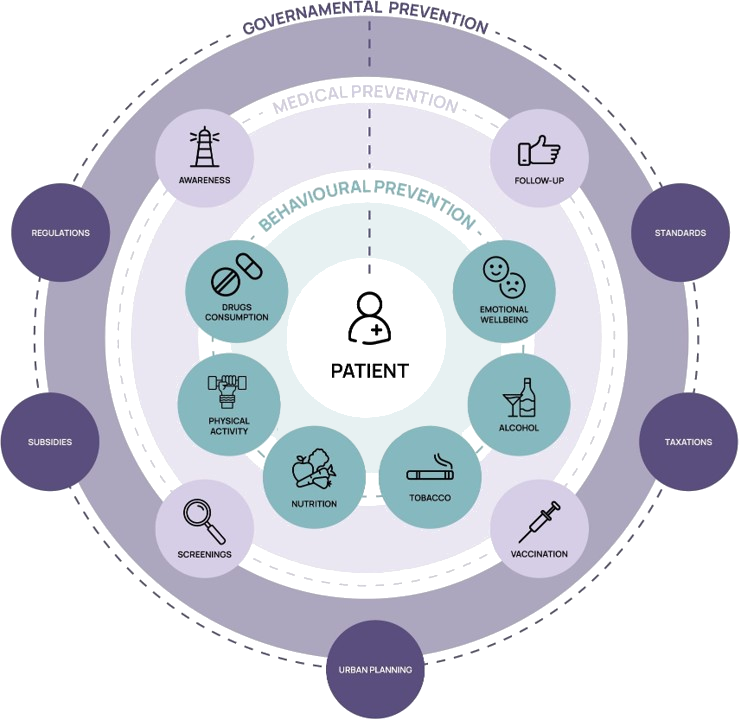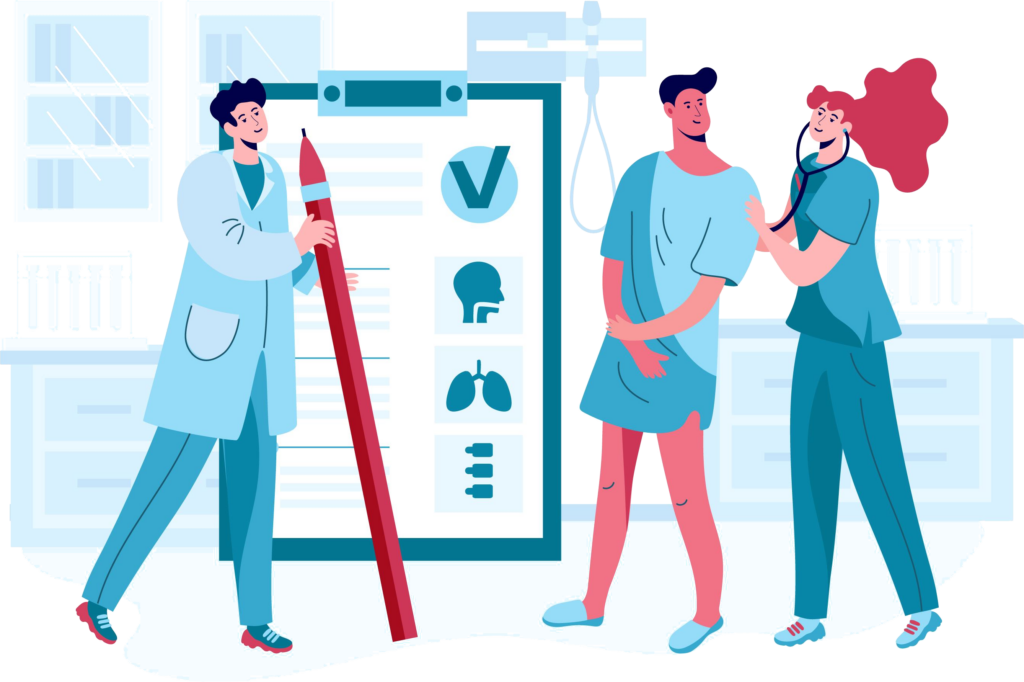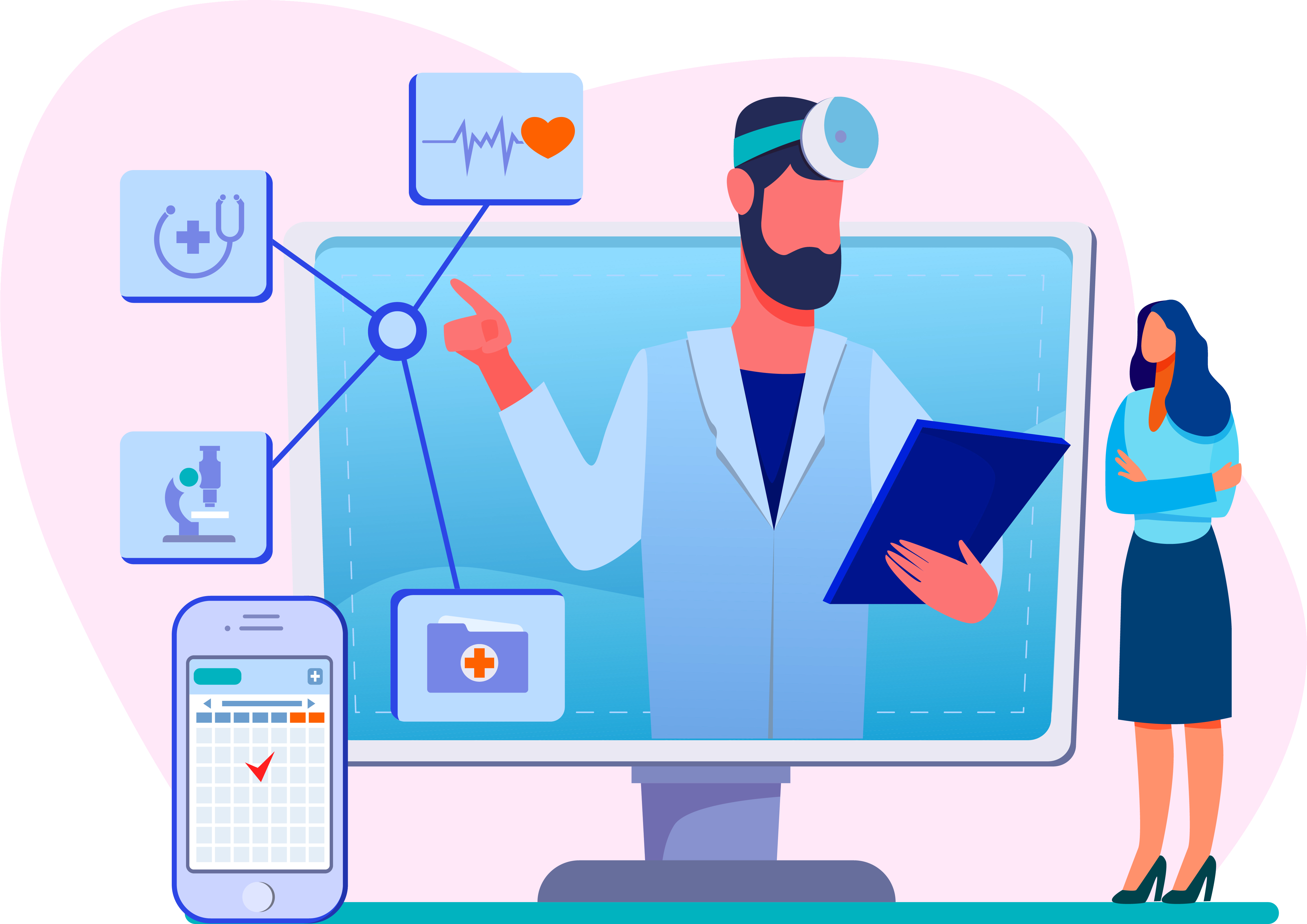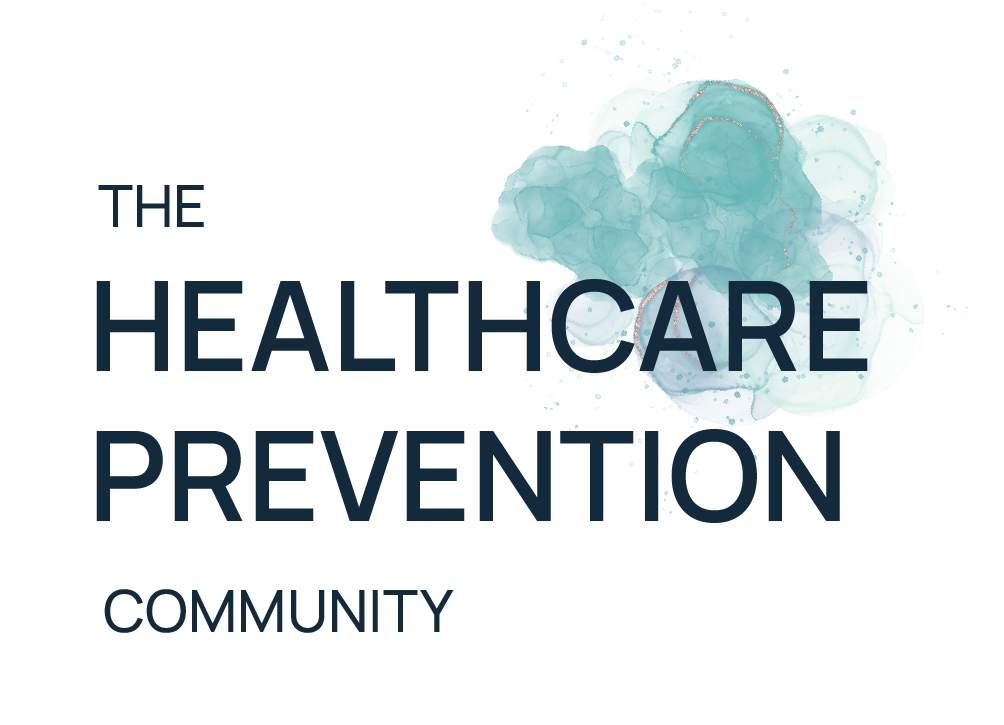Prevention has multiple faces. Each one is a whole universe of actions to benefit our health.
Prevention has multiple faces. Each one is a whole universe of actions to benefit our health.
A Multifactorial challenge
When we talk about prevention, we are actually talking about an integration of different, diverse approaches and activities that have its own impact on avoiding disease appearance. Any decision that influences how our bodies interact with the environment has, as a consequence, an influence on disease development.
After exhaustive research of public and private preventive plans and goals, we have been able to define the most relevant approaches for Healthcare Prevention, which can be differentiated in INDIVIDUAL BEHAVIOURAL PREVENTION and MEDICAL PATHWAY PREVENTION.

prevention pillars
Prevention pillars represent the main different approaches to preventive healthcare. Properly addressing each one is key to achieve a healthier society, a more sustainable system and a more efficient use of economic resources.
INDIVIDUAL BEHAVIOURAL PREVENTION
MEDICAL PATHWAY PREVENTION
Physical Activity
Practicing regular exercise of different intensities such as running, swimming, sports, etc.
The World Health Organization says:
31% of adults and 80% of adolescents do not meet the recommended levels of physical activity.
Nutrition
Having a healthy, equilibrated diet low on sugars and trans fats, following the WHO recommendations.
The World Health Organization says:
80% of cardiovascular diseases could be prevented through proper nutrition habits.
Tobacco
Completely avoiding smoking tobacco, or quiting for current smokers.
The World Health Organization says:
8M deaths worldwide each year are attributed or related to tobacco consumption.
Alcohol
Completely avoiding alcoholic drinks, regardless of its alcohol content.
The World Health Organization says:
3M deaths annually are attributed to alcohol consumption via direct or indirect consequences.
Drug Consumption
Completely avoiding consumption of any other drug, regardless of its characteristics, even punctually.
The World Health Organization says:
15M DALYs* lost in 2021 due to psychoactive drug use disorders and derived diseases and complications.
*DALY: Disability-Adjusted Life Year
Emotional Wellbeing
Taking care of the mental health as much as the physical health, building an adequate environment for wellbeing.
The World Health Organization says:
15 years of reduced life expectancy for people with severe mental health diseases.
Awareness
Spreading information about disease causes and symptoms, and preventive actions such as vaccination campaigns.
The World Health Organization says:
~4M saved lives in the US due to awareness campaigns such as antismoking campaigns.
Screening
Performing analytic techniques on genetics and biomarkers to early detect diseases before its onset.
The World Health Organization says:
~75% of reduction in the incidence and mortality of cervical cancer due to early detection via screening.
Follow-up
Providing adequate monitoring or treatments to those being diagnosed with a disease or a high risk during screenings.
The World Health Organization says:
~27% reduction of prostate cancer mortality thanks to follow-up care after screening
Vaccination
Providing immunizing vaccines to everyone ensuring an adequate access to complete immunization.
The World Health Organization says:
4M deaths prevented from vaccine-preventable diseases like diphtheria, tetanus, pertussis, etc.
THE NEED OF TRANSFORMATION
The Healthcare System requires a complete transformation to be able to offer an adequate preventive care.
We need to focus on PROACTIVITY, PERSONALIZATION and DATA AGGREGATION to build an entirely new system that supports and can handle a mainly preventive approach.
OUR CURRENT SITUATION
A Reactive system

The current healthcare system is mainly focused on providing curative care. This is a reactive approach that waits for a problem to appear to address it.
OUR GOAL SITUATION
A PROACTIVE system

We aim to build a healthcare system that proactively interacts with society to prevent diseases from appearing and early detect those that can’t be avoided.
OUR CURRENT SITUATION
One size fits all

Little personalization of care, both preventive and curative, is applied. An standarized process, treatment or dose is used for everyone, regardless of their individual characteristics.
OUR GOAL SITUATION
EACH PERSON GETS THEIR SOLUTION

Understanding each individual’s characteristics and needs will not only helps us work more efficiently, but will also prevent complications derived from inadequate care.
OUR CURRENT SITUATION
GAPS IN DATA USAGE

Data from different sources (for example, public and private care) are not aggregated, making it harder to understand the full situation of each individual.
OUR GOAL SITUATION
COMPREHENSIVE DATA USAGE

Being able to understand the overall situation of each patient is key to provide a personalized and more efficient preventive care.
THE NEED OF TRANSFORMATION
The Healthcare System requires a complete transformation to be able to offer an adequate preventive care.
We need to focus on PROACTIVITY, PERSONALIZATION and DATA AGGREGATION to build an entirely new system that supports and can handle a mainly preventive approach.
OUR CURRENT SITUATION
A Reactive system

The current healthcare system is mainly focused on providing curative care. This is a reactive approach that waits for a problem to appear to address it.
OUR GOAL SITUATION
A PROACTIVE system

We aim to build a healthcare system that proactively interacts with society to prevent diseases from appearing and early detect those that can’t be avoided.
OUR CURRENT SITUATION
One size fits all

Little personalization of care, both preventive and curative, is applied. An standarized process, treatment or dose is used for everyone, regardless of their individual characteristics.
OUR GOAL SITUATION
EACH PERSON GETS THEIR SOLUTION

Understanding each individual’s characteristics and needs will not only helps us work more efficiently, but will also prevent complications derived from inadequate care.
OUR CURRENT SITUATION
GAPS IN DATA USAGE

Data from different sources (for example, public and private care) are not aggregated, making it harder to understand the full situation of each individual.
OUR GOAL SITUATION
COMPREHENSIVE DATA USAGE

Being able to understand the overall situation of each patient is key to provide a personalized and more efficient preventive care.
Join the Healthcare Prevention Community to be part of the transformation we need
Join the Healthcare Prevention Community to be part of the transformation we need
